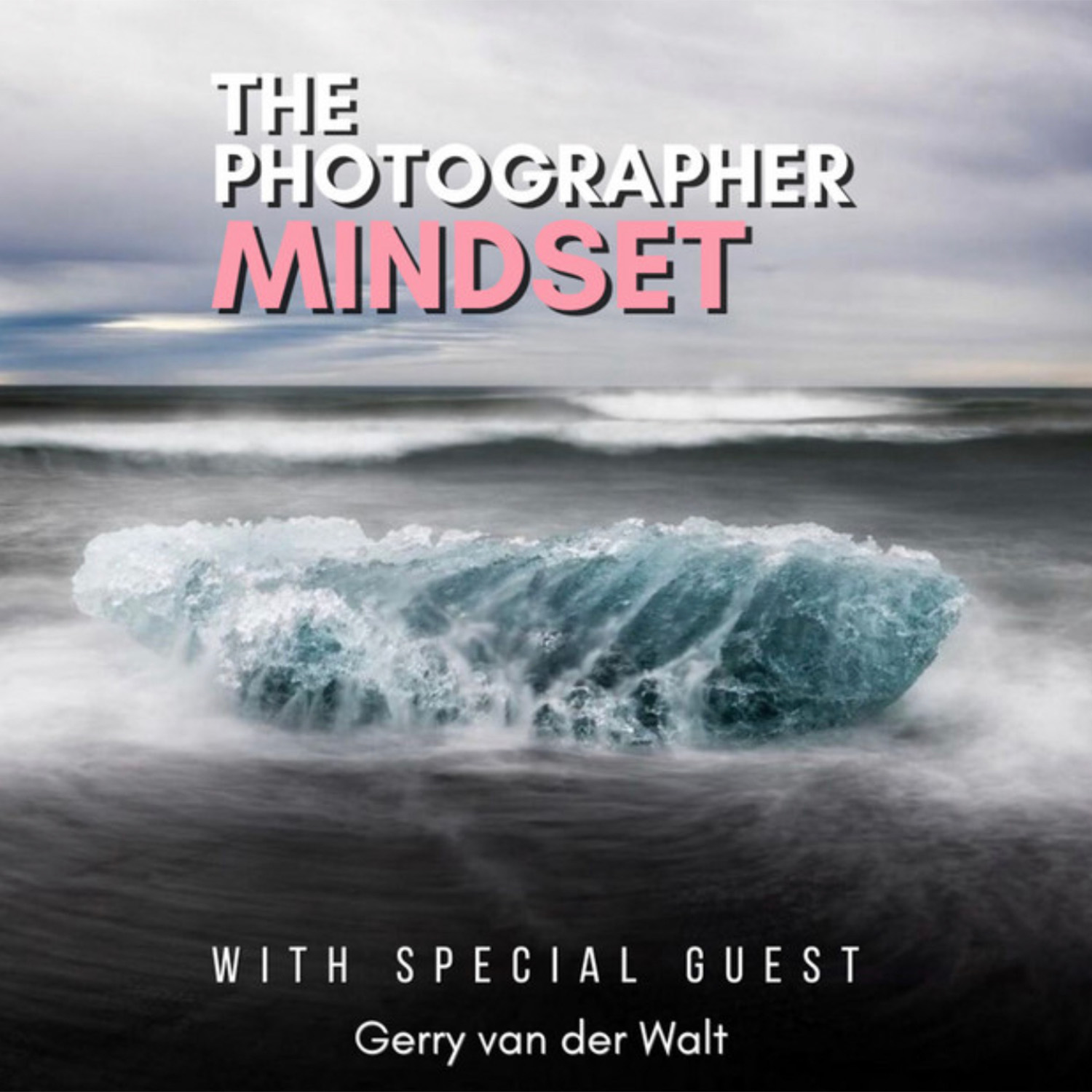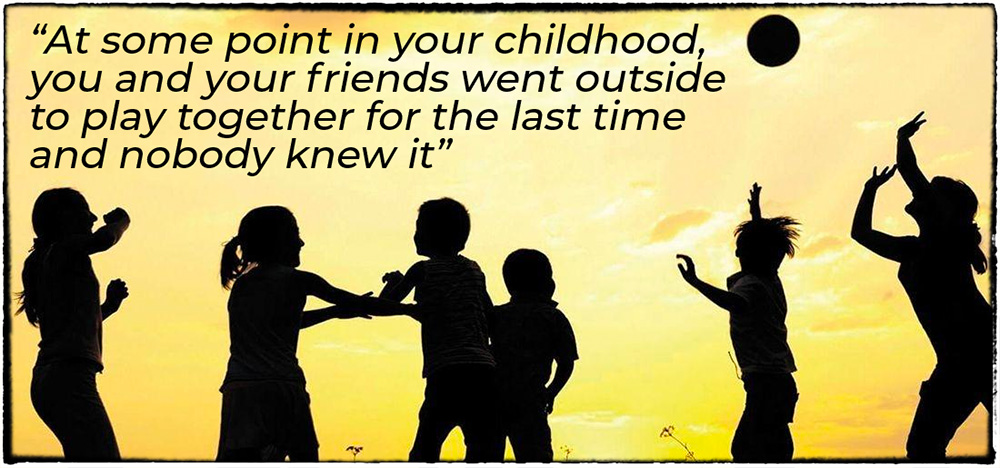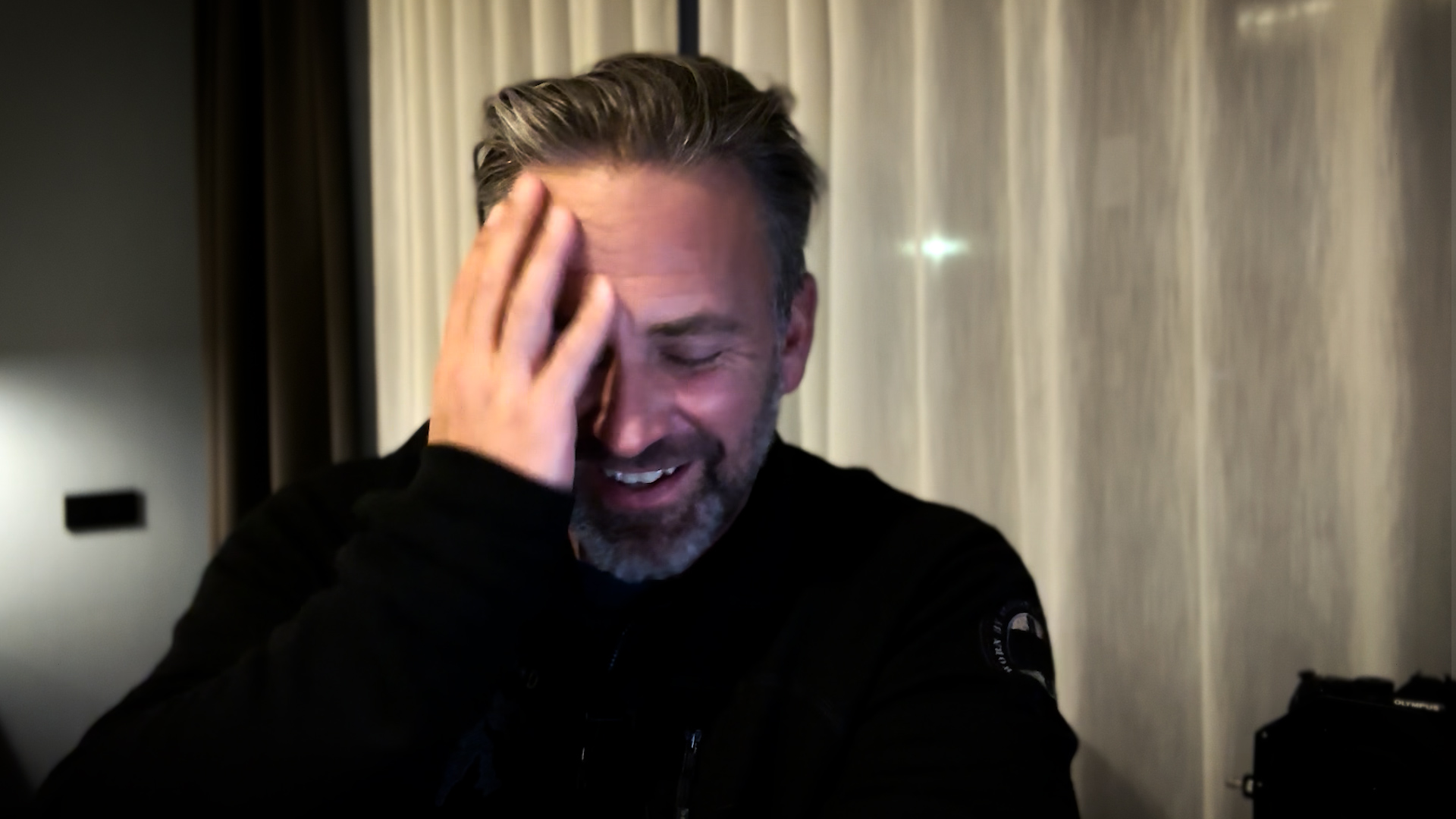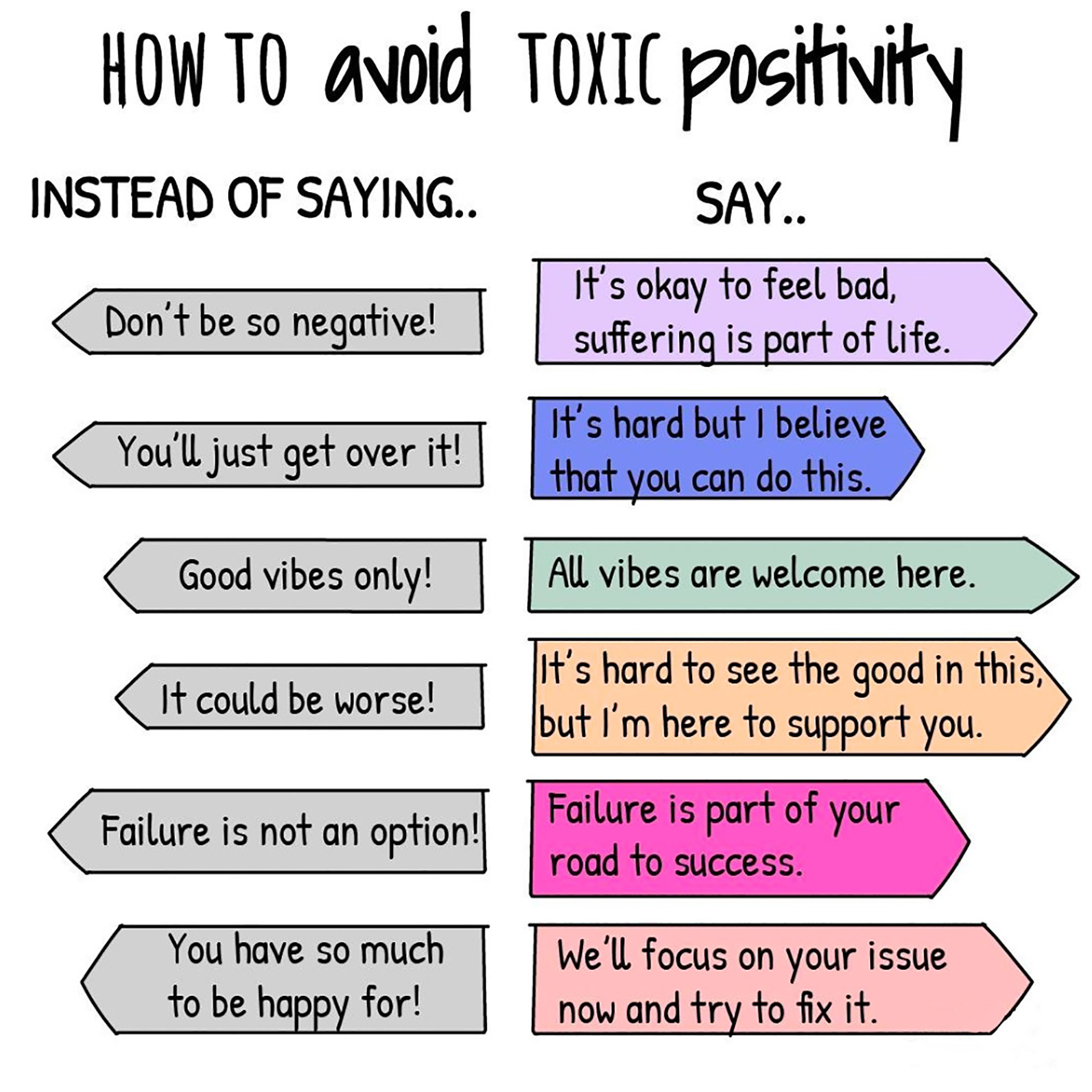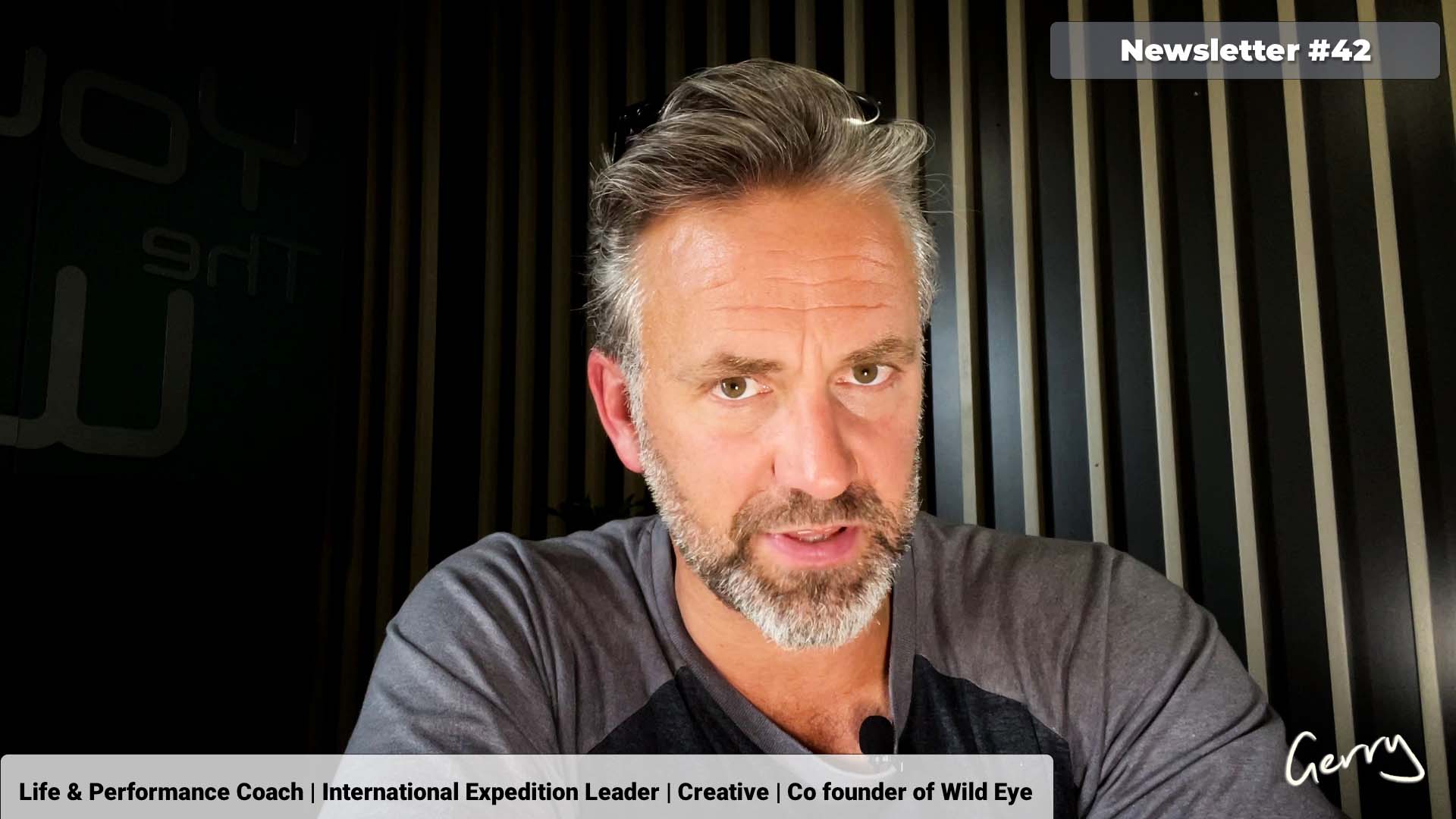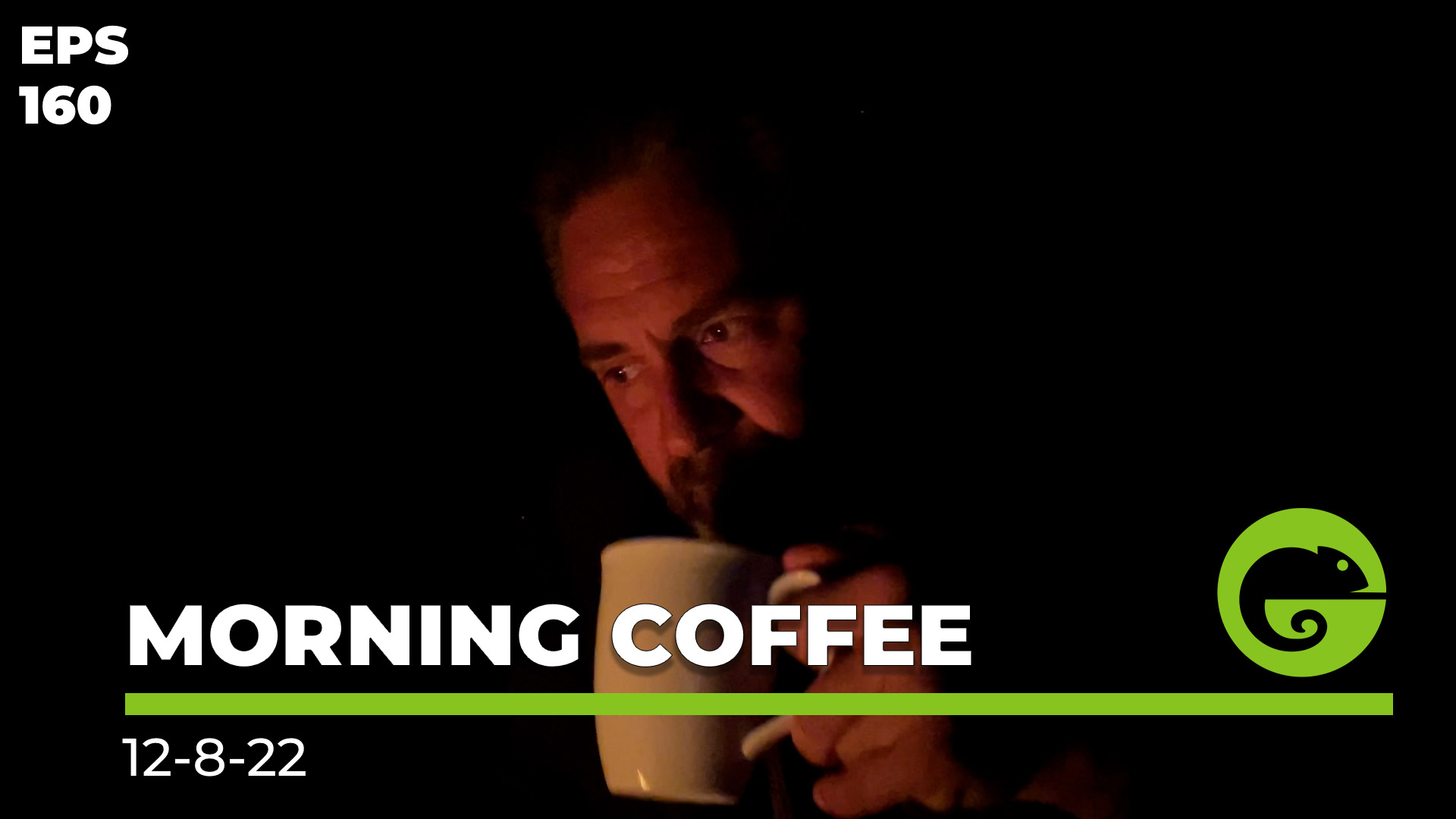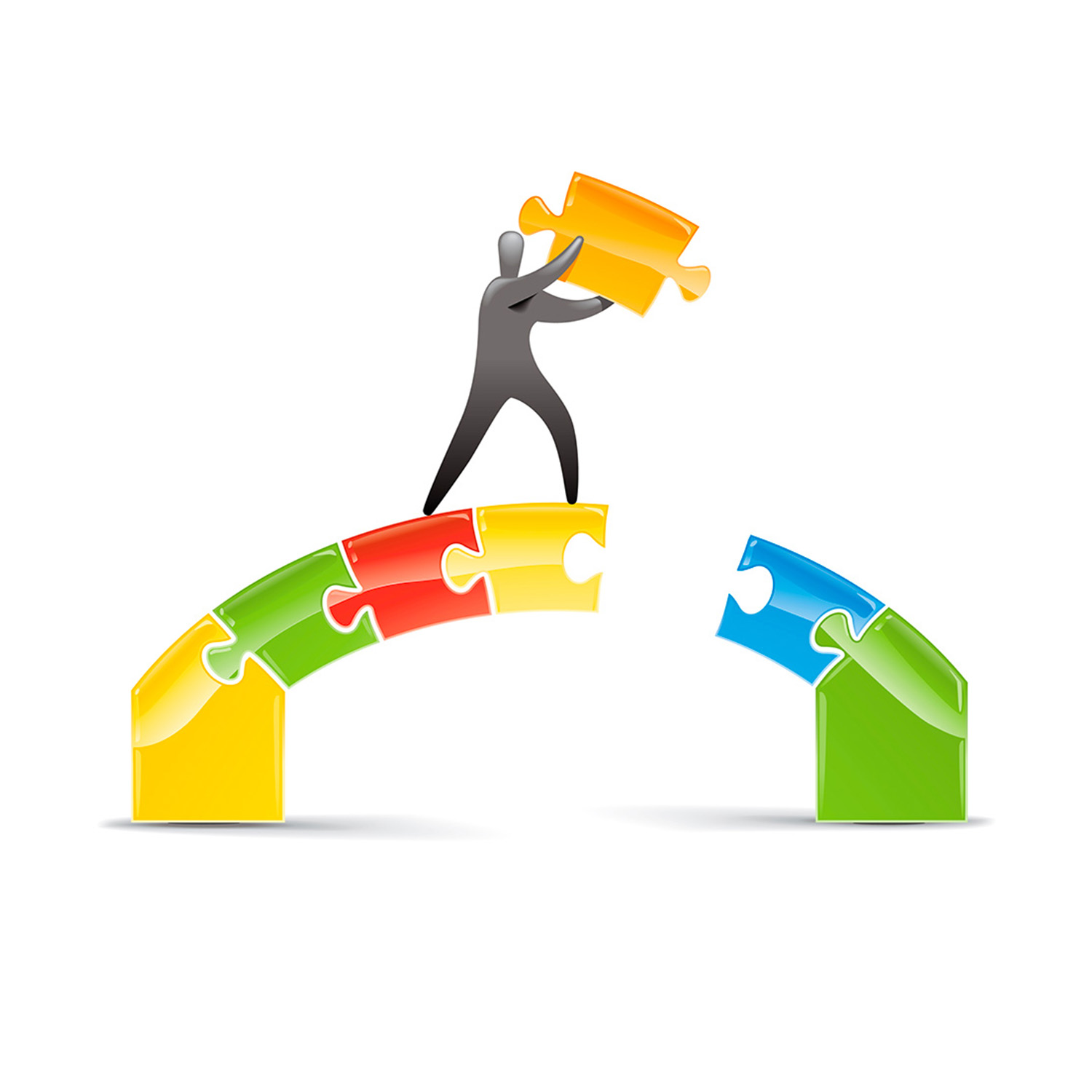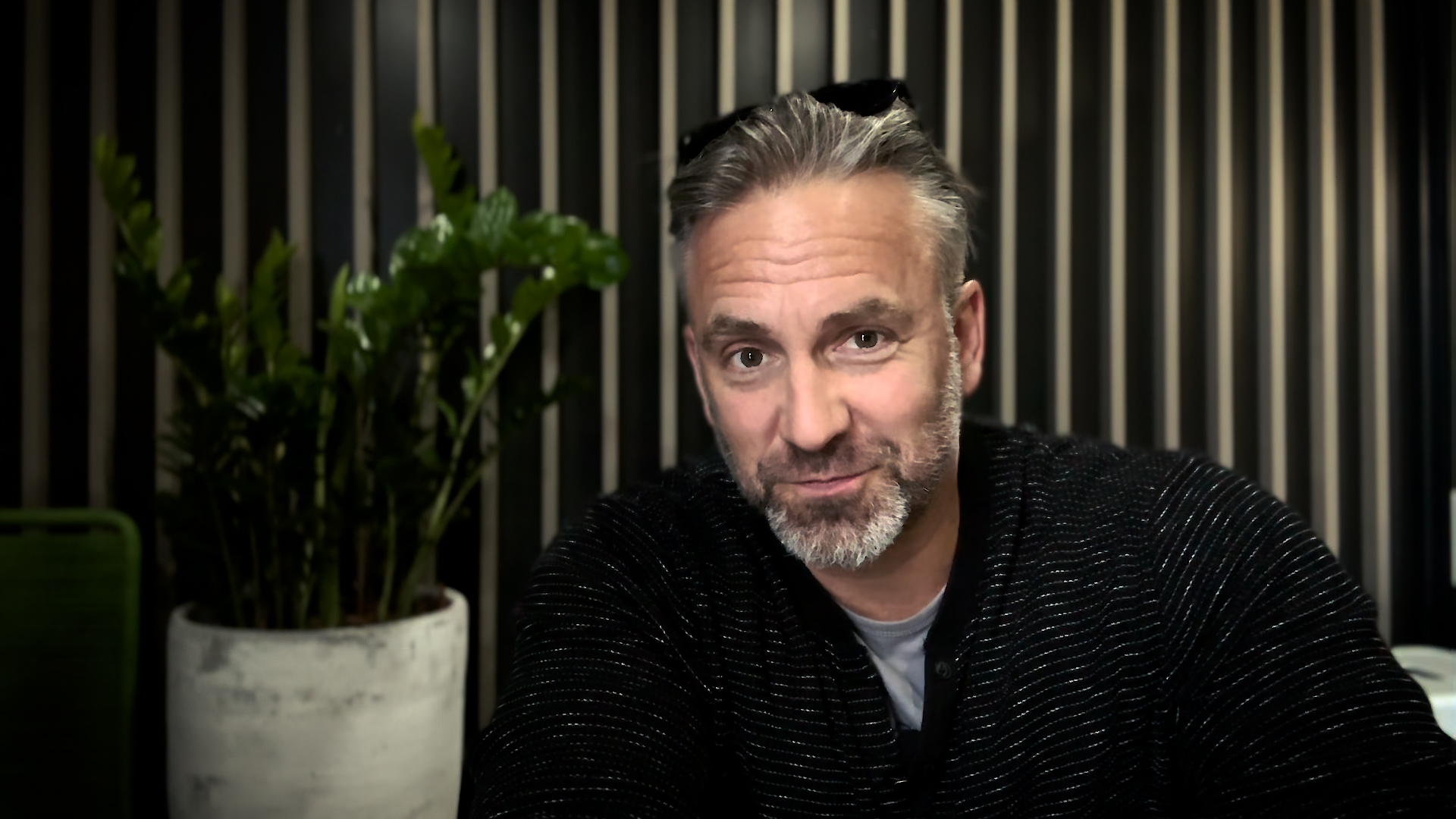Whether you are in a good head space and in control of your own emotions and moods or you’re struggle with feelings of anxiety, depression or just a lack of motivation, there are 6 pillars of overall health and wellness you need to be paying attention to.
You see, your brain and nervous system regulates the mind and body but more than this, it is involved in general predictions – physiologically and psychologically – and how well you are prepared for situations and events in your life.
When your hormone and neurotransmitters are in balance and creates a solid and stable internal ecosystem from which you can make decisions, take actions, regulate your emotions and live your life in a positive and productive way.
Definition – Affect: In psychology and psychiatry, “affect” refers to the observable display of emotions, feelings, or moods that a person demonstrates through facial expressions, body language, tone of voice, and other non-verbal behaviors.
A stable internal milieu leads to predictability from a mood and emotion point of view. In other words, your emotions and moods can become more understandable and foreseeable when observing and analysing your own affect. This predictability allows for a deeper comprehension of your emotional state, facilitating the identification of patterns and potential triggers for certain feelings or behaviors. Or in other words, you will feel more in control of and able to regulate your own emotions and actions.
Dr. Lisa Feldman Barrett and Dr. Paul Conti have both done some incredible work on emotions, mental health and how to manage and optimise your own emotional life and mental health in general and I will share some links at the end of this blog.
For now, let’s look at the 6 pillars that you have to pay attention to in order to take control of your overall health and affect.
The following 6 pillars have been scientifically proven to all play a part in a mental health space, mood regulation, motivation and the ability to deal with the good and bad of day to day life.
- Sleep
- Light & Dark
- Movement
- Nutrition
- Social connection
- Stress management
Now as with a fitness program, you can’t just plan to focus on each one of these pillars once in a while or to do it for a short while and stop.
necessary but not sufficient
In order to fully extract maximum value from each of these pillars, and to give yourself the best chance of cultivating a positive, happy, resilient and healthy mind, these 6 pillars are necessary not sufficient and you have to pay attention to each one every 24 hours.
There are many protocols, exercises and methodologies you can, and should, look at deploying as a part of your own wellness journey, and when working with my coaching clients we lean into the necessary protocols as and when needed. That said, it’s important to keep the following mind when looking at how to best optimise your own health and wellness journey.
When you plan, and execute, against any health and wellness goals it should follow the following order:
Behavioural > Nutritional > Supplementation > Prescription
It’s not conducive to long term efficacy or sustainability to, for example, lean into prescription medication before you’ve looker at behavioural, nutritional and natural supplementation. Work your way from the bottom of the line, from behavioural changes, up towards prescription, if necessary, and you’ll be giving yourself the best chance to affect and maintain positive changes.
It’s also worth mentioning that you need to be clear about your expected outcome of deploying any protocols to improve your mental and physical health. My clients will know the -5 to 0 to 5 scale as seen below.

You can read more about it in this post, but the short version is this. We all have things we want fix and then we have good things we want to make better. These two process are not mutually exclusive and we all should, at any point in time, be working on both of the processes.
The 6 pillars of mental health and wellness
With that said and keeping in mind that the above two principles need to always be kept in mind, let’s have a look at each of the six pillars mentioned above along with some points and thoughts on each one.
Sleep
If we could get sleep in tablet form it would probably be illegal.
- You need to aim to get between 6 and 8 hours of sleep per 24 hours.
- Try and always go to bed at the same time.
- Try and alway get up at the same time.
- A variance of one hour each way to your sleep and wake time is okay.
Light & Dark
Being exposed to bright light and dark in a 24 hour period will go a long way in regulating your circadian rhythm.
- Try and get 10 -20 minutes of exposure to early morning sunlight each day.
- Try to make the area where you sleep as dar as possible.
Movement
Movement means exercise and it is without one of the most powerful ways to affect not only your physical health metrics but mental health as well. You need all of the following:
- Zone 2 Cardio: Aim to get between 180 and 220 minutes per week. This is easy exercise such as walking or cycling where you can still keep a conversation but need to take a deep breathe every once in a while.
- VO2 Max: This is high intensity heart rate work is and often used as an indicator of overall cardiorespiratory fitness.
- Strength training: Absolutely vital for longevity. Aim to do 3 to 5 sets of 3 to 5 exercises 3 to 5 times per week.
- Consistency matters.
Nutrition
This is probably one of the most contentious issues in the online health and wellness world. Some truths to keep in mind when you look at your own nutrition plan:
- What you eat will effect your hormones, neurotransmitters, blood and pretty much everything else in your body.
- Consistency is the most important thing.
- Focus on whole foods that can perish rather than tinned and boxed goods.
- Make sure you don’t get too much or too little calories per day.
- Focus on your macronutrient requirement and intake.
- Carbohydrates is not the devil.
Social Connection
Some people make you tired and some people leave you energised and upbeat. You have the power and choice to choose who you engage with.
- Identify people in your life whose energy and presence tax you, leave you neutral or energsie.
- Engage accordingly.
- The same goes for who and what you consume online and on your phone.
Stress Management
It is important to have tools to manage stress both in real time and after the fact. Yes, all the above pillars will collectively put you in a better place to manage stress but there are a to specific protocols worth mentioning that we can all benefit from.
- The physiological sigh: This is a science backed breathing technique, originally described in the 1930’s and something we do in our sleep when C02 levels gets too high, which has an immediate effect on your physiology and response to stress. Take a very deep breath in through your nose, hold for a second and the quickly ‘force’ in another short breath through your nose after which you slowly exhale through your mouth. Incredibly effective and something you can do anywhere.
- Cold water exposure: When we get stressed our body produces adrenaline, noradrenalin and cortisol all which can affect our moods, decision making and emotions. Cold water exposure, which will force a stress response which allows you to get used to how you think and feel during stressful situations.
Enhancing your mood and mental well-being can transform your relationship with yourself and others. Each of the six pillars mentioned earlier plays a crucial role in fostering an internal environment that empowers you to lead a positive, purposeful life. They provide the necessary tools to safeguard your mental health and overall wellness.
Exploring the six pillars alongside their corresponding protocols and exercises, embracing the -5 to 0 to 5 approach, allows you to craft a personalized roadmap toward growth and resilience. This journey will pave the way for the headspace and life you truly deserve.
Resources and further reading:
- Podcast – Dr. Lisa Feldman Barrett: How to Understand Emotions
- Podcast – Dr. Paul Conti: How to Understand & Assess Your Mental Health
- Podcast – Dr. Layne Norton: The Science of Eating for Health, Fat Loss & Lean Muscle
- Day and night light exposure are associated with psychiatric disorders
- The Physiological Sigh
- Toolkit for sleep
- Light exposure during sleep impairs cardiometabolic function
Complaining about results without putting in the effort isn’t productive. Waiting for things to improve without taking action won’t lead to progress. Rather than wallowing in self-pity, recognizing the potential for positive change signifies the need for greater self-respect and ambitious aspirations.
If you’re curious about delving deeper into the six pillars or exploring additional protocols for personal growth and resilience, feel free to reach out. I would love to assist!
Good luck and stay safe.
And as always, don’t forget to be awesome.





